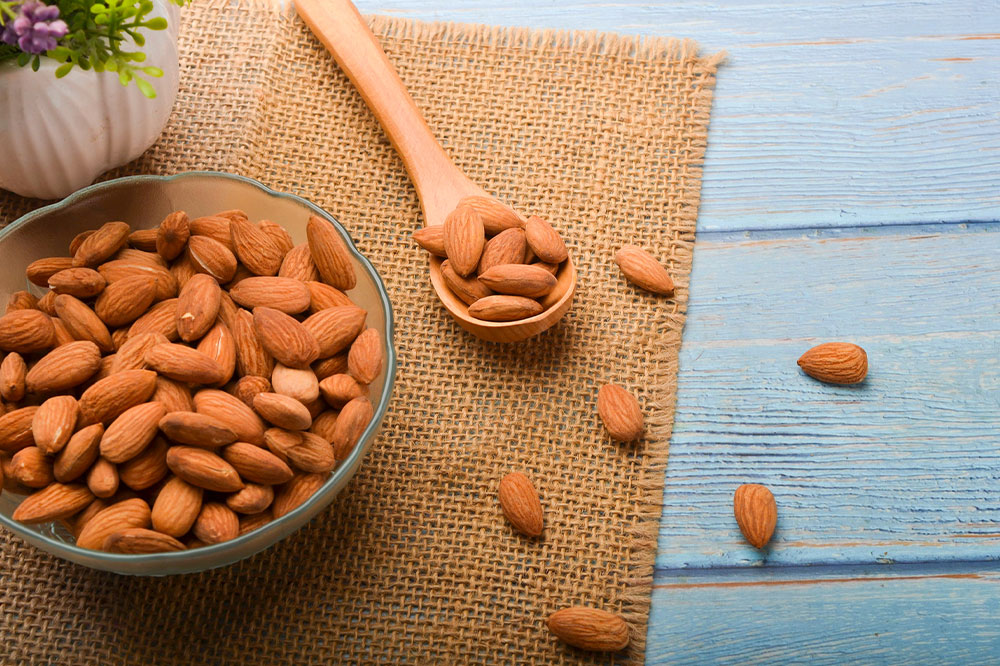Best foods to manage eosinophilic esophagitis

When eosinophils, a type of white blood cell, start building up in the esophagus, it leads to a condition called eosinophilic esophagitis. This can cause symptoms like soreness, pain, heartburn, and difficulty swallowing. The condition is triggered by immune system dysfunction and allergic reactions. It is a rare disease, so there is limited awareness regarding its symptoms and treatment options. However, food plays an important role in managing the symptoms and preventing flare-ups.
Dairy-free milk
Milk and other dairy products are common food allergens that can aggravate the body’s allergic response. It is safer to eliminate all dairy-based foods from one’s meals and replace them with safer alternatives that do not trigger eosinophilic esophagitis. This means avoiding foods that include any milk compound, including lactose, casein, tagatose, and whey. Dairy-free milk derived from coconut, hemp, or rice is a great alternative. You can also use dairy-free cheese and yogurt.
Egg substitutes
Be it mayonnaise or meringue, anything that comes with eggs is can trigger an allergic reaction when dealing with eosinophilic esophagitis. This also includes baked goods that usually contain eggs. Check ingredient labels for compounds like lecithin, albumin, and globulin, and avoid such foods. Alternatives like apple sauce, mashed banana, flax seed and water mixture, and other binding ingredients can be used.
Gluten-free grains
Gluten is another ingredient that can induce an allergic response. As gluten is a common allergen, it is considered to be among the common food groups that need to be eliminated to keep eosinophilic esophagitis symptoms in check. This means replacing all types of wheat products like pasta, bread, and other foods with those made from gluten-free sources. Rice noodles are a great substitute for wheat or semolina-based ones. One can also opt for gluten-free grains like oats and quinoa.
Seeds
While seeds are comparatively safer than nuts like almonds and peanuts. This also means avoiding nut butter, nut milk, and nut-based yogurts for the most part. Further, macadamia and pine nuts are usually considered safe for patients. Additionally, sunflower seeds, pumpkin seeds, and sesame seeds are great alternatives. One can also opt for tahini, sunflower, and pumpkin seed butter as alternatives to nut butter.
Fresh, unprocessed meat
As a general rule, fish and seafood is the preferred source of lean protein. However, seafood should be avoided when dealing with eosinophilic esophagitis. For patients with this condition, seafood is better avoided and replaced with chicken, turkey, or other meats that are not processed. This includes avoiding all types of shellfish, like crabs, lobsters, oysters, shrimp, and mussels. One can also opt for other sources of protein, like chicken and bison.
Elimination protocol plays a big part in the treatment and management of eosinophilic esophagitis. As this condition is triggered by an allergic reaction, it is important to make better food choices and avoid trigger foods. Any changes to one’s nutritional regimen should be based on the guidance of a healthcare professional. Doctors can help one choose safer foods and alternatives and make manageable changes to one’s meal plans.



